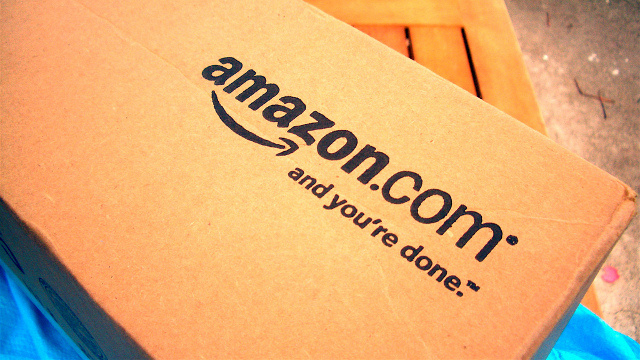
An article appeared this past week in the New York Times that finally shows a bookseller and book industry professional doing something about Amazon. Instead of blog posts about the retail giant’s underhanded ways or entire three-day conferences devoted to how publishers can bring down the largest online retailer their industry faces, one book shop is going about the competition a little differently, namely by offering the titles that consumers currently can’t buy from Amazon.
According to the article by James B. Stewart, Third Place Books’ Robert Sindelar decided to take the high ground and offer certain Hachette titles at a significant discount, and even went so far as to hand deliver an eagerly anticipated bestseller’s follow-up to customers who pre-ordered it, something those same customers cannot currently do on Amazon. This extra effort may have seemed like it was more trouble than it was worth, but Stewart stated sales of the title were around twelve times higher than they would have been without these steps.
While Amazon and Hachette battle it out over the terms of their contract, retailers like Sindelar stand to gain by turning consumers’ attention to the benefits of shopping locally for their books. The extra effort might have only resulted in a small pay out right now, but these are the kinds of customer service steps that booksellers and publishers are going to have to envision if they want to get serious about the rising power of Amazon.
Unfortunately, one comment in Stewart’s article is as misguided as it is explanatory of the reason that nothing has been done about Amazon’s stronghold yet. Sindelar remarked that Amazon’s withholding of Hachette titles and refusal to allow pre-orders “violates our ethics as retailers.” There’s a code of ethics that business people are supposed to follow? Did someone forget to tell Amazon? For that matter, did someone forget to tell the publishers, who needed the Department of Justice to remind them of their so-called ethics?
A lot of the anger directed at Amazon in this instance comes from the notion that somehow books are more sacred than other objects that are for sale. And in many ways, books are more special than oil filters or diapers, not that Amazon doesn’t sell those objects as well. Possibly the fact that Amazon does sell those objects is what has made the bookselling side of their business into just another commodity, but it is the public who’s in the wrong for thinking that Amazon has some noble duty to be better than that, to rise above the sheer desire to make a profit. When the rest of the industry understands that Amazon is first and foremost a for-profit business, then perhaps they will start to interact with the retailer as though they are a business. The downfall right now is in pretending that Amazon has any goal in mind other than profit, and once publishers finally treat the retailer like its profit margin is its ultimate goal, then they can start to see new ways of doing business–with or without Amazon.
Mercy Pilkington is a Senior Editor for Good e-Reader. She is also the CEO and founder of a hybrid publishing and consulting company.